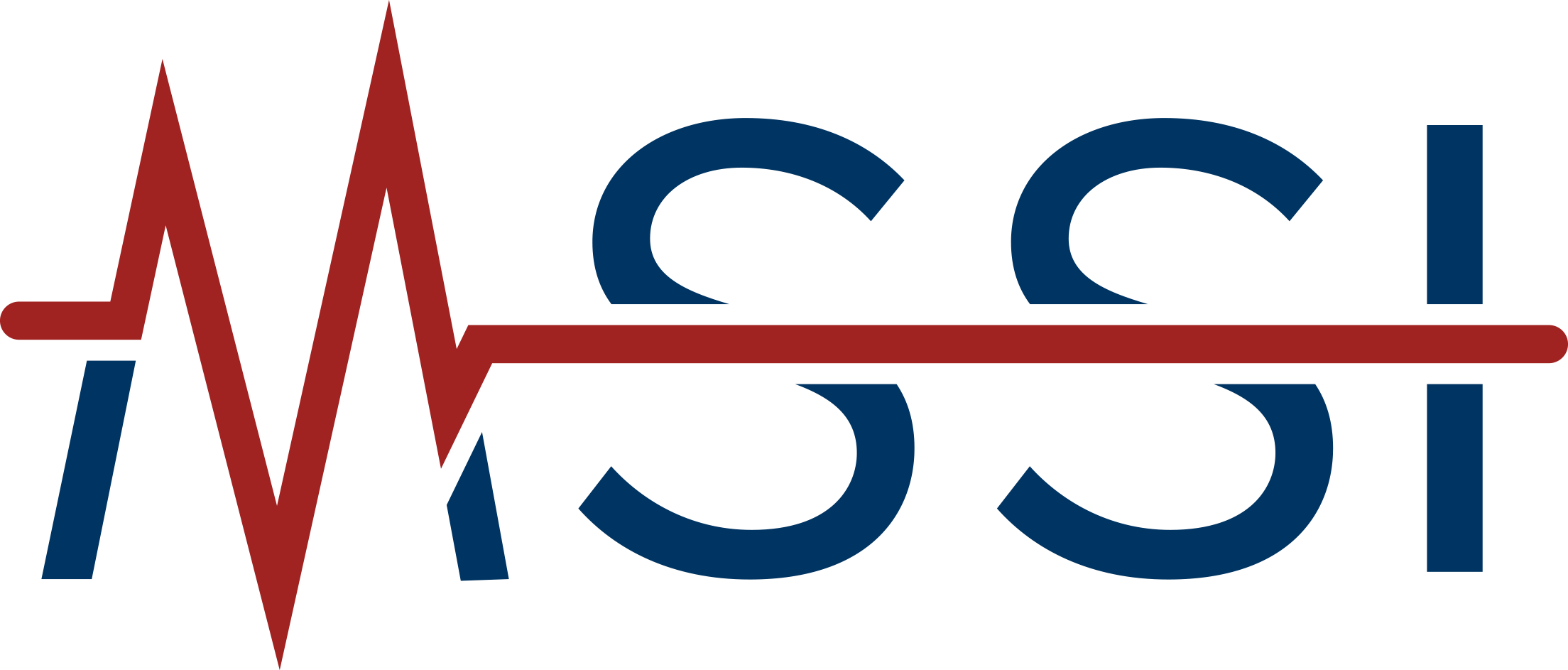Healthcare Workplace Violence: A Growing Concern

Workplace violence has continued to trend upwards over the years, but the situation has worsened since the COVID-19 pandemic.
The Emergency Care Research Institute (ECRI) conducted an independent medical device evaluation and found that physical and verbal abuse against healthcare workers ranked on their list of top 10 patient safety concerns for 2023.
The Bureau of Labor Statistics reports states that the rate of injuries from violent attacks against medical professionals grew by 63% from 2011 to 2018. Hospital safety directors say that aggression against staff escalated as the COVID-19 pandemic intensified in 2020. A survey conducted this spring by National Nurses United, the nation’s largest union of registered nurses, found 48% of the more than 2,000 responding nurses reported an increase in workplace violence — more than double the percentage from a year earlier.
OSHA defines workplace violence as any act or threat of physical violence, harassment, intimidation, or other threatening disruptive behavior occurring at work. Many healthcare workers encounter both patient and family members that have committed these behaviors and acts of violence. While some incidents may be minor and go unreported, healthcare workers often feel that there is some risk of inappropriate behavior or violence in their job and tolerate them. However, this should not be the norm.
In response to the rising violence, some states have created or are in the process of passing legislation to better protect healthcare workers. Depending on the state, offenses could be considered either a misdemeanor or felony. For example, in Florida, proposed changes include enhancing charges for battery from a first degree misdemeanor to a third degree felony and increasing the severity of aggravated assault and aggravated battery charges.
Facility policy and procedures may vary at each location. Healthcare employees should review this information upon starting with a new facility and know if they have a behavioral health code team or process to call for help in escalating situations.
Tips for Healthcare Workers:
Follow these tips to decrease your risk of harm from a patient or family member.
- Never turn your back to an aggressive patient.
- Remain calm when speaking to an upset patient.
- Never put yourself in a room with the door closed by yourself with an aggressive patient.
- Stay educated on the state legislation around healthcare violence in the locations where you are working.
- Educate yourself on how to assist in hostile situations by taking courses on personal safety training and de-escalation techniques, like:
- CPI (Crisis Prevention Institute) training
- MAB (Management of Assaultive Behavior) training
Remember, always advocate for yourself and others and report the violence no matter how small it may seem. You can help lead the change that is warranted in the healthcare field.
References:
OSHA Workplace Violence Resources
Threats Against Health Care Workers Are Rising. Here’s How Hospitals Are Protecting Their Staffs
Florida Proposal Would Stiffen Charges For Assault of Hospital Employees








